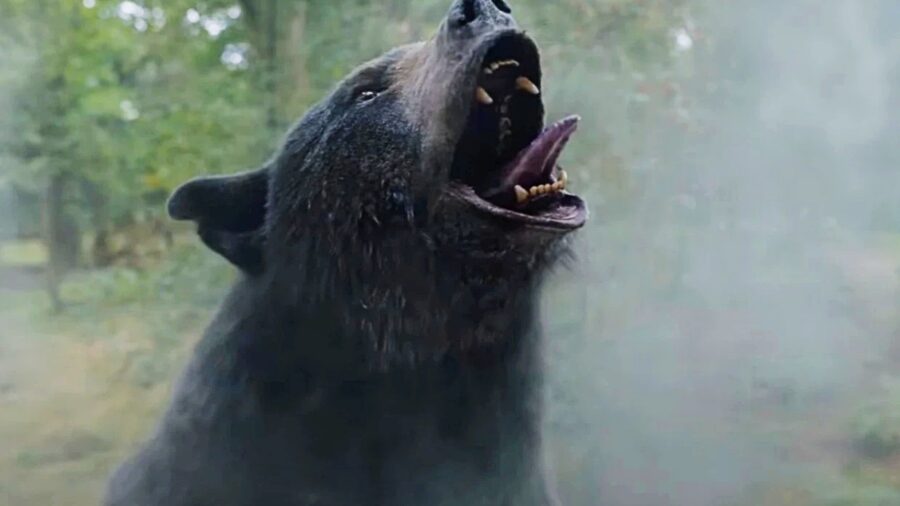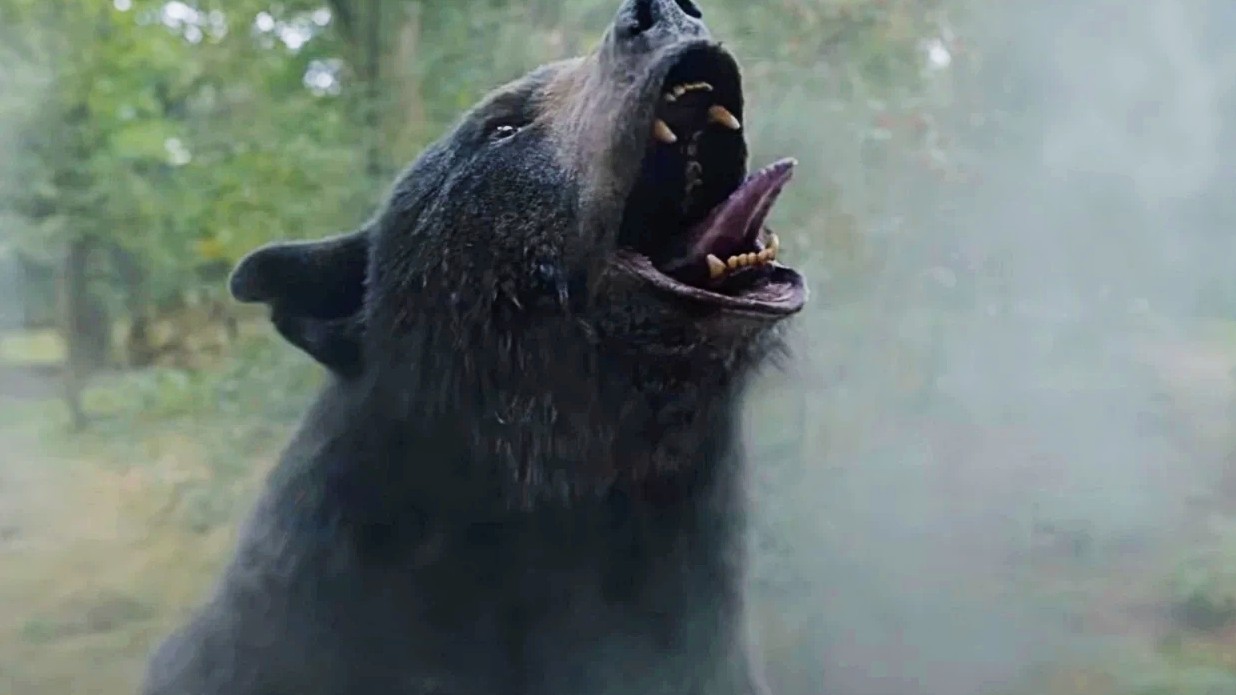[ad_1]
The deadliest animal attacks in the United States are most likely to come from brown bears, sharks, and snakes.

Animal attacks come in many different shapes and sizes, and Outforia has created a ranked list to tell us about which animals have proven to boast the deadliest encounters in the United States. Though we’re typically used to ranking movies and TV shows here at Giant Freakin Robot, the folks at Outforia expressed interest in ranking how many people have been killed by animal attacks over the last 50 years, and we wanted to report their findings because knowledge is power. With bears leading the charge in fatal animal attacks across a variety of different breeds, we also need to consider sharks, snakes, and alligators on the short-list of animals to avoid in your travels if you want to continue living.
If you consider the data that has been collected from 1970 through the present day, it’s quite apparent that the brown bear takes no prisoners. If you’re up on your South Park lore, then you already know that a brown bear shares one-third of the DNA of the ever-elusive and extremely deadly ManBearPig, which is half man, half bear, and half pig. But since we’re not talking about fictional animal attacks, it’s worth noting that a face-to-face encounter with a regular brown bear will often have fatal results due to their imposing size and territorial aggression.
Brown bears have claimed 70 victims since 1970 and have secured first place on the list of deadly wild animal attacks by a wide margin.
Sharks and snakes share second place on the list of deadly animal attacks with 57 confirmed kills but for different reasons. Ironically enough, you probably have a better chance of escaping from a shark attack than you do a sneaky snake attack. With a shark attack comes an adrenaline rush, and you could use this to your advantage by punching the shark in the eyes, nose, or gills.

In other words, if you encounter a shark, you can escape by keeping your composure, defending yourself however you can, and calmly swimming to safety (even if you’re bitten!). Snake attacks, on the other hand, are an entirely different type of animal attack, using venom, which could incapacitate you by impairing your vision, causing nausea and vomiting, and numbness in your limbs. Surviving a snake attack is contingent on having easy access to medical help and being able to safely remove yourself from the situation so you don’t get bitten more than once.
Black bears come in third place with 54 kills over the same period of time, and pose a threat similar to brown bears. But considering their smaller stature, you have more options to escape from the former without incident. With a black bear, escaping a fatal encounter could be as simple as standing tall, raising your arms, and putting up an intimidating front to ward the animal off before it attacks you.
The above-mentioned intimidation tactic also works with wolves, an animal that ranks last on the attack list with only two confirmed kills.

It’s absolutely critical that you do not confuse a brown bear with a black bear because if you try these intimidation tactics on a much larger animal like a brown bear, it will go into attack mode, and you will not fare well. The best practice when dealing with any bear is to have a trusty can of bear spray within reach just in case they don’t find your roar to be convincing. Luckily, if you encounter a cougar (16 confirmed kills), you can intimidate them the same way you would a black bear, and you’ll have pretty good odds of making an escape.
Alligators, on the other hand, rank comparatively lower than the heavy hitters when it comes to overall animal attacks, ranking in fourth place with 33 confirmed kills. Fortunately, instances of alligator attacks are relatively low when compared to other animals on the list due to their geographical location. Just stay away from the marshy territory, and you can go your whole life without encountering one of these monsters.
If you do find yourself at the mercy of an alligator, however, it’s in your best interest to put up a fight because humans are not their natural prey, and they’re prone to losing interest if the juice isn’t worth the squeeze and there’s another animal they could attack more easily.
To prevent any form of animal attack, it’s best to do your research ahead of time if you are one to travel. It’s one thing to know what kind of animals are capable of attacking you, but getting caught by surprise when you’re out in the wild won’t do you any favors.
[ad_2]
